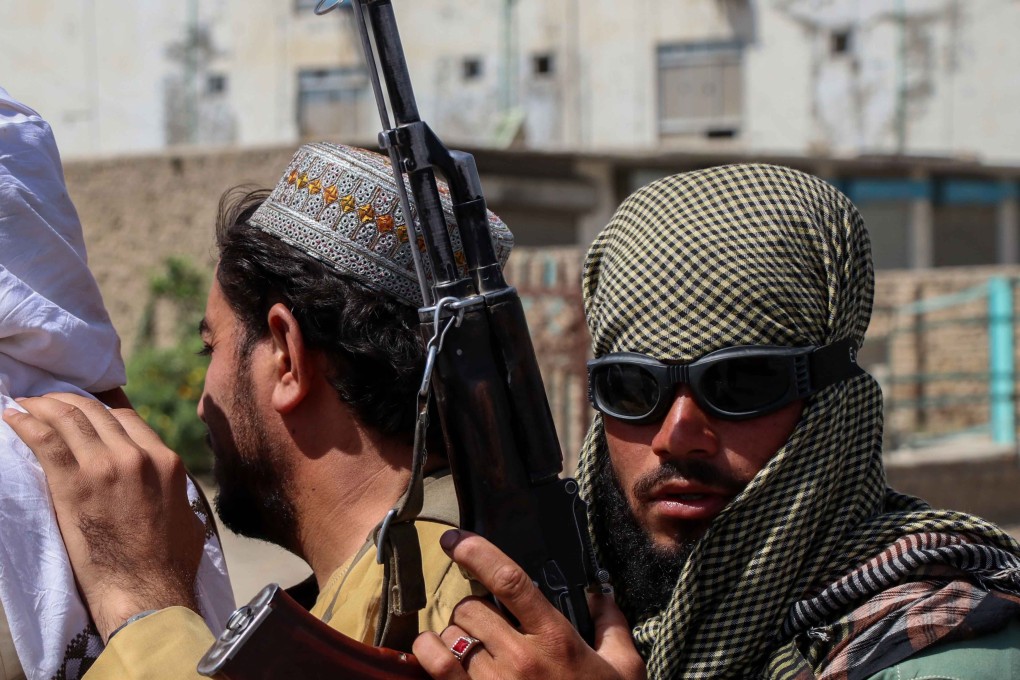Advertisement
Opinion | In Afghanistan, China has need for caution, Indonesia for worry
- Afghanistan, like Iraq before it, shows that when foreign interventions prop up corrupt regimes without a care for their people, disaster ripples throughout the world
- China is the most important player in Afghanistan now, but it will be keen not to get carried away. In Indonesia, jihadism has been brought under control, but to what extent?
Reading Time:5 minutes
Why you can trust SCMP
2

The scenes unfolding in Afghanistan bear some striking similarities with events seven years ago, when the emergence of the Islamic State of Iraq and Syria stunned the world and led to a three-year massive armed intervention led by the United States.
The extremist group, also known as Isis, posed an unprecedented challenge – the emergence of a statelet dedicated exclusively to spreading its brand of aggressive Islam – and became the major global front in the war on terror, as it attracted to Iraq and Syria extremists from around the world, including Asia.
Isis was eventually eliminated as a territorial entity (it called itself a “caliphate”), but not as a movement – it is now more often known simply as Islamic State, due to its expansion beyond Iraq and Syria.
Advertisement
Its activists still roam free over large areas of both countries, but it has offshoots well beyond, very likely as far as Afghanistan. Meanwhile, extremists inspired by its ideology have carried out attacks in Asia, North America, Europe, Africa, and even Australia.
In the wake of the Taliban’s takeover of Afghanistan, concerns have been raised about whether Isis will mount a resurgence in the country, and possibly carry out, or inspire, new attacks worldwide. However, it is too early to judge. Instead, it would be more useful to consider the reasons behind the collapses in Iraq and Afghanistan and conclude why they happened to avert future disasters in failing states, where bad governance can result in extremist takeovers.

03:57
Clock ticking for US to withdraw troops from Afghanistan by August 31 deadline
Clock ticking for US to withdraw troops from Afghanistan by August 31 deadline
Both countries are multi-ethnic and multi-confessional societies with a majority ethno-sectarian group holding a disproportionately large share of political and economic power (Shiite Arabs in Iraq and Pashtuns in Afghanistan). They are also tribal societies heavily reliant on networks of patronage and traditional mechanisms of powerbroking in the absence of functioning state institutions.
Advertisement
Select Voice
Select Speed
1.00x
